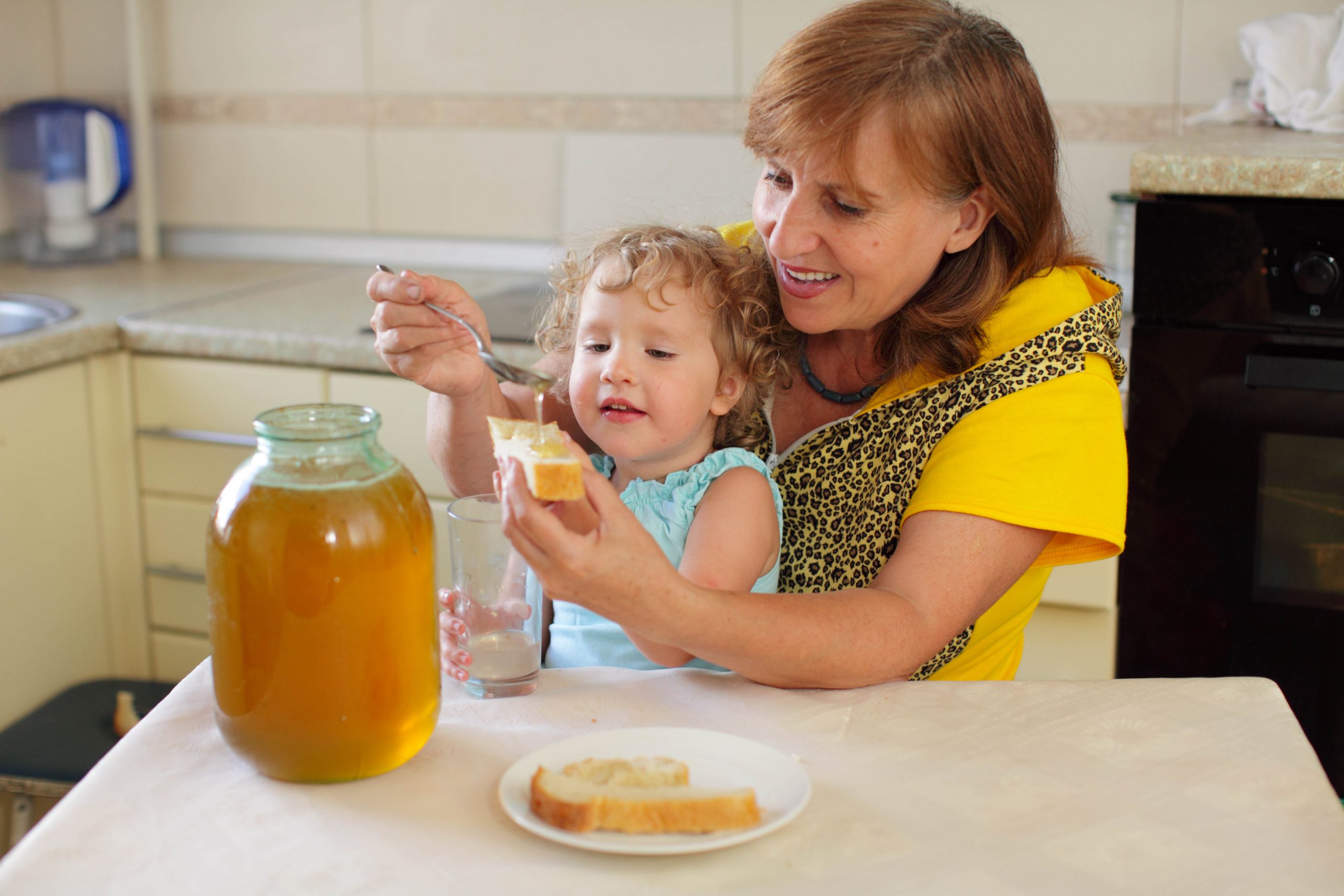Getting wounds to properly heal can be more difficult than it sounds when it comes to seniors. Whether it’s fragile skin or an underlying medical condition like diabetes, there are plenty of reasons why wounds take longer to heal in our elders.
Given that that’s the case, Warren Center for Rehabilitation and Nursing would like to share with you four ways you can speed up the healing process.
- Keep the Wound Moist
New skin grows best in a moist environment, while skin cells exposed to air will become dehydrated and die. A dressing like a bandage, gauze, or film can prevent wounds from drying out.
- Vaseline
Petroleum jelly like Vaseline is very useful when it comes to wound care. It keeps wounds clean, moist (see No. 1), and serves as a protective barrier from dirt and other potential nasty substances from getting in the wound. Using Vaseline will also cause a wound to scab less, which lowers the chance that it will become itchy and you’ll accidentally scratch off the scab.
- Vitamin C
Vitamin C contains healing properties (due to it being an antioxidant) and is also effective in the production of collagen. Taking a vitamin C supplement of 2,000 milligrams per day is an effective way to boost wound care.
- Honey
Much like Vaseline, honey can provide a protective barrier and moist environment for a wound to better heal. Look for a medical honey called Medihoney dressings, as this is easy on the skin and can even have antibacterial properties.
Of course, if the wound shows any signs of infection (foul odor, drainage, redness, or warm to the touch), seek medical attention as soon as possible, as antibiotics will likely be required to clear the infection.






